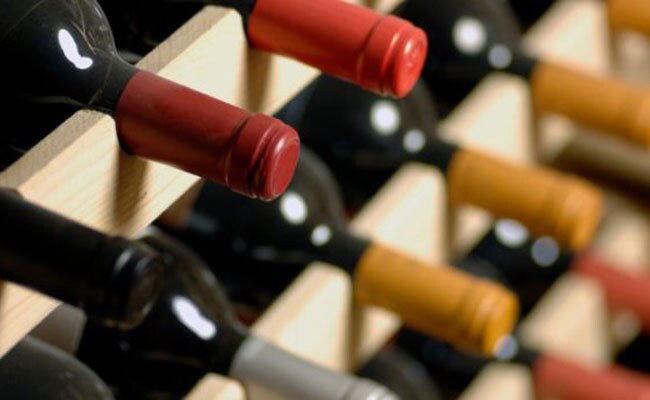
"The reward and motivation system is activated more significantly with higher prices and apparently increases the taste experience in this way," said Professor Bernd Weber, Acting Director at the University of Bonn in Germany.
For the study, published in the journal Scientific Reports, the team asked participants to lie in an MRI scanner while small measures of good quality red wine with a retail bottle prize of 12 euros were poured into their mouths. But, the prices displayed in front of their eyes ranged from around 36 euros a bottle to 18 euros.

Image credit: Istock
The researchers assessed how different prices are translated into corresponding taste experiences in the brain, even if the wine taste did not differ.
"As expected, the subjects stated that the wine with the higher price tasted better than an apparently cheaper one," said Hilke Plassmann, Professor at the INSEAD Business School in France.
The results confirmed identical wine leads to a better taste experience when a greater quality expectation is associated with the wine due to its price. Ultimately, the reward and motivation system plays a trick on us and that is why marketing tricks - such as using a 'posh' label - work so well.
"The exciting question is now whether it is possible to train the reward system to make it less receptive to such placebo marketing effects," Weber said. This may be possible by training one's own physical perception - such as taste - to a greater extent, he noted
Inputs from IANS

